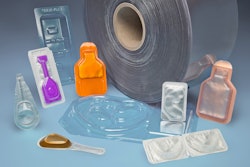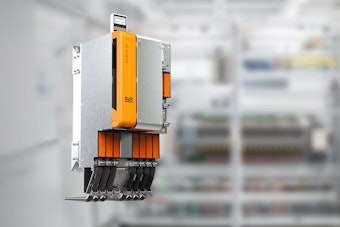According to a report from the non-partisan Congressional Research Service, the impact of the medical device tax will be 'relatively small.'
The report, issued in November, was an economic analysis of the tax, which has been a hot-button topic in Congress, and hope may be repealed when Republicans take control in 2015.
The 2.3% tax was imposed as part of the Affordable Care Act, and is expected to generate $38 billion of excise tax revenues over the next 10 years, resulting in $29 billion of net revenues, after accounting for offsets from other taxes, according to the report.
Opponents of the tax worry it will result in a loss of jobs, a reduction in research and development, and harmful effects on smaller businesses.
However, the report believes this will not be the case.
"The drop in U.S. output and jobs for medical device producers due to the tax is relatively small, probably no more than 0.2%.," the report reads. "These small effects occur in part because the tax is small, in part because demand is estimated to be relatively insensitive to price, and in part because approximately half of production is exempt from the tax."
It also concludes that the "tax is likely to be passed forward in prices, falling on consumers, not profits."
And, if it does fall on profits, the report believes, "economic theory indicates that there would be no effect on output or jobs."
Read the full report on their website.






















